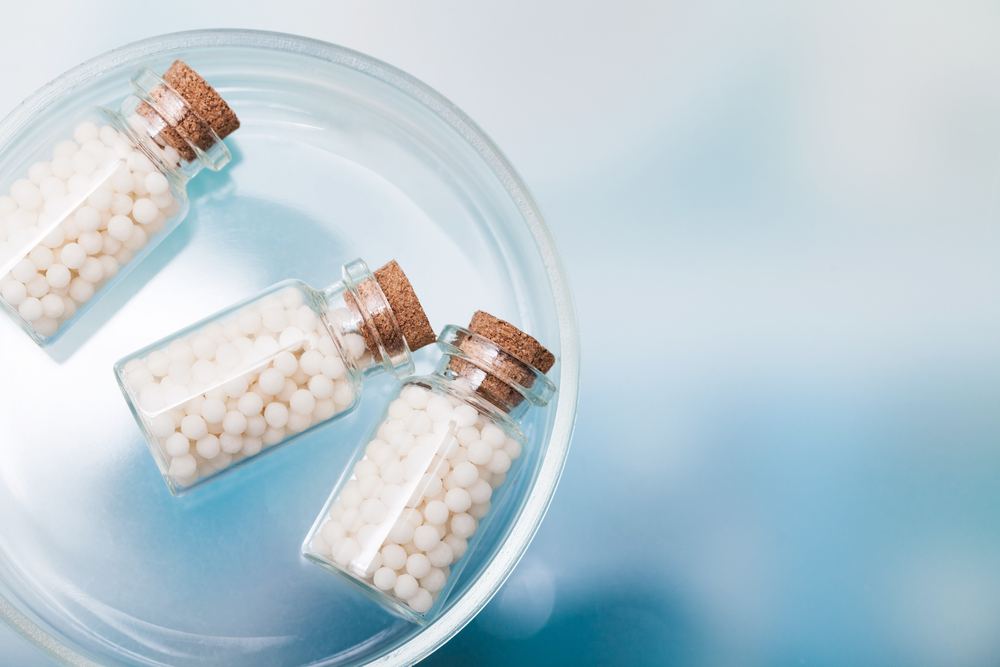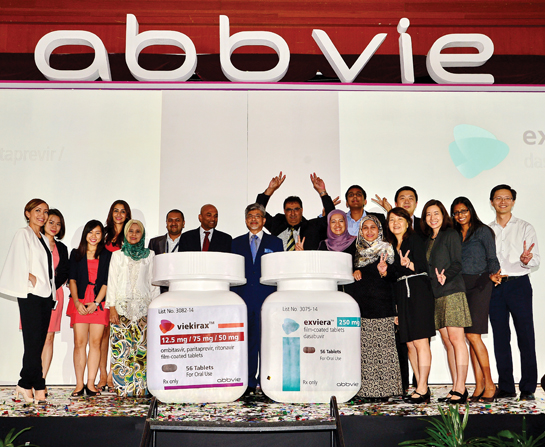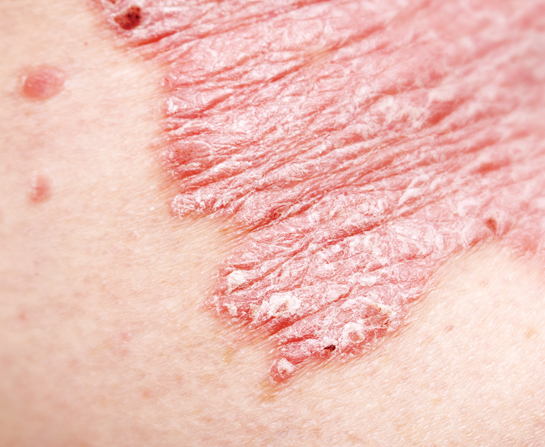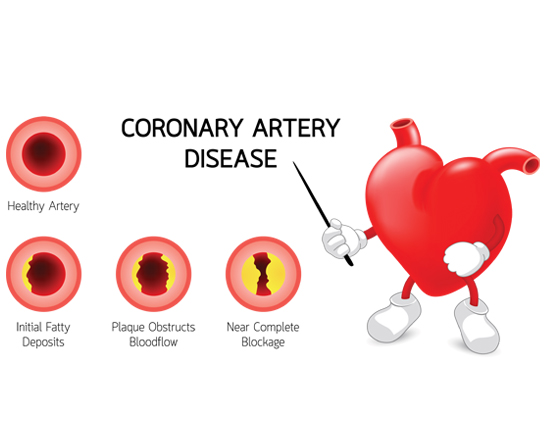This article offers an impartial, research-based look at homeopathy to help readers understand why it remains controversial. The aim is not to endorse or discourage against homeopathy but to provide clear, factual information for an educated decision.
WORDS LIM TECK CHOON
THE ORIGIN OF HOMEOPATHY
Homeopathy is a system of alternative medicine founded in 1796 by the German physician Samuel Hahnemann.
- The term “homeopathy” is derived from Greek words meaning “similar suffering.”
- Hahnemann developed this approach as a gentler alternative to the harsh and often dangerous medical treatments of the 18th century, such as bloodletting and heavy metal-based remedies.
THE CONTROVERSIAL PRINCIPLE OF HOMEOPATHY
At the heart of homeopathy lies the principle of “like cures like”.
- Homeopaths — practitioners of homeopathy — operate on the belief that substances that provoke symptoms in healthy individuals can, when prepared in highly diluted forms, treat similar symptoms in those who are ill.
- For example, if Substance A triggers a skin rash, then a homeopathic preparation of Substance A is thought to be a treatment for skin rash.
Why “Like Cures Like” Is Controversial
- This idea stands in stark contrast to conventional medicine, which relies on biological mechanisms and evidence-based therapies.
- The scientific community notes that homeopathy’s central premise lacks empirical support, or real-world evidence based on research.
THE CONTROVERSIAL HOMEOPATHIC REMEDY PREPARATION
One of the most distinctive — and controversial — features of homeopathy is its dilution process.
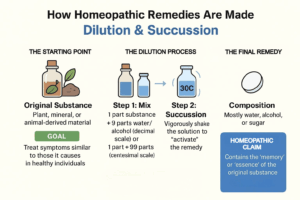
- Homeopathic remedies are not merely diluted; they are subjected to a carefully controlled sequence of dilutions and vigorous shaking known as succussion.
- Each step typically involves diluting one part of the original substance in a large volume of water or alcohol — often in a 1:10 ratio (decimal scale) or a 1:100 ratio (centesimal scale) — followed by forceful shaking.
- This combination of dilution and succussion is repeated multiple times, sometimes dozens of times, depending on the intended potency.
- For instance, a 30C preparation involves diluting the substance in a 1:100 ratio and shaking it, then repeating this entire process 30 times.
Why This Method Is Controversial
- Skeptics point out that at such extreme dilutions, it is highly unlikely that a single molecule of the original substance remains in the solution.
- Consequently, homeopathic remedies are often composed almost entirely of water, alcohol, or sugar. Skeptics derisively refer to them as “sugar water” or “sugar pills”.
- However, homeopaths argue that the repeated dilution and succussion somehow imprint a “memory” or “essence” of the substance into the diluent.
- Nonetheless, to this day, there is no conclusive scientific evidence or known biological mechanism that can explain how an ultra-diluted substance could influence complex systems like the immune response or metabolism in a symptom-specific way.
IF HOMEOPATHY IS CONTROVERSIAL, WHY IS IT ALLOWED IN MANY COUNTRIES?
Despite widespread scientific skepticism, homeopathy remains legal and practiced across the globe, including Malaysia.
- In fact, our Ministry of Health recognizes homeopathy as a form of complementary medicine, allowing trained practitioners to administer it.
- This is because cultural acceptance, historical usage, and consumer demand contribute to its persistence. Many individuals turn to homeopathy for mild ailments or as a complementary therapy.
- Thus, in many countries, regulatory agencies may classify it under “complementary medicine”, therefore permitting its regulated use without formally endorsing its scientific validity.
THE CURRENT STATE OF RESEARCH ON HOMEOPATHY
General Skepticism
Comprehensive reviews of clinical trials generally indicate that homeopathy performs no better than a placebo.
Any perceived benefits are often attributed by skeptics to psychological effects, natural recovery, or statistical phenomena such as extreme symptoms often becoming less severe on their own over time, even without treatment (regression to the mean).
Research with Positive Outcomes Turning the Tide?
The Homeopathy Research Institute reported that by the end of 2024, 297 randomised controlled trials of homeopathic treatment for 158 medical conditions have been published in peer-reviewed journals.
- Of these, 172 were double-blind, randomized, placebo-controlled trials, covering 105 different medical conditions.
- 42% (73 trials) were positive, suggesting that homeopathy was effective.
- 3% (5 trials) were negative, suggesting that homeopathy was ineffective.
- 55% (94 trials) were inconclusive.
Hence, there is ongoing research by proponents of homeopathy to demonstrate the effectiveness of this treatment method.
However, more research is needed to provide conclusive evidence of the effectiveness of homeopathy.
Currently, homeopathy researchers face the following ongoing limitations:
- Studies are often poorly designed or inconsistent — many researchers note that a standardized research protocol is still needed.
- Limited institutional and financial support. Major research councils, universities, and government bodies are often hesitant to fund studies on homeopathy, as it is widely considered scientifically implausible.
IN CONCLUSION
Most claims of homeopathy are currently not supported by rigorous scientific research.
Hence, homeopathy should best be viewed as a complementary treatment — it should not replace existing treatment or be used as a first option to treat health problems.
Therefore, if one wants to include homeopathy as part of a treatment plan, they should consult their doctor beforehand.
| This article is part of our series on traditional and complementary medicine. |
References:
- Department of Health & Human Services (Aus). (n.d.). Homeopathy. Better Health Channel. https://www.betterhealth.vic.gov.au/health/conditionsandtreatments/homeopathy
- Teixeira, M. Z. (2023). Scientific evidence for homeopathy. Clinics, 78, 100255. https://doi.org/10.1016/j.clinsp.2023.100255
- What scientific evidence is there that homeopathy works? (2025, September 1). Homeopathy Research Institute (HRI). https://www.hri-research.org/resources/homeopathy-faqs/scientific-evidence-for-homeopathy/
- Homeopathy. (n.d.). National Center for Complementary and Integrative Health (NCCIH). https://www.nccih.nih.gov/health/homeopathy
- Homeopathy. (n.d.). National Health Service (NHS) UK. https://www.nhs.uk/tests-and-treatments/homeopathy/


